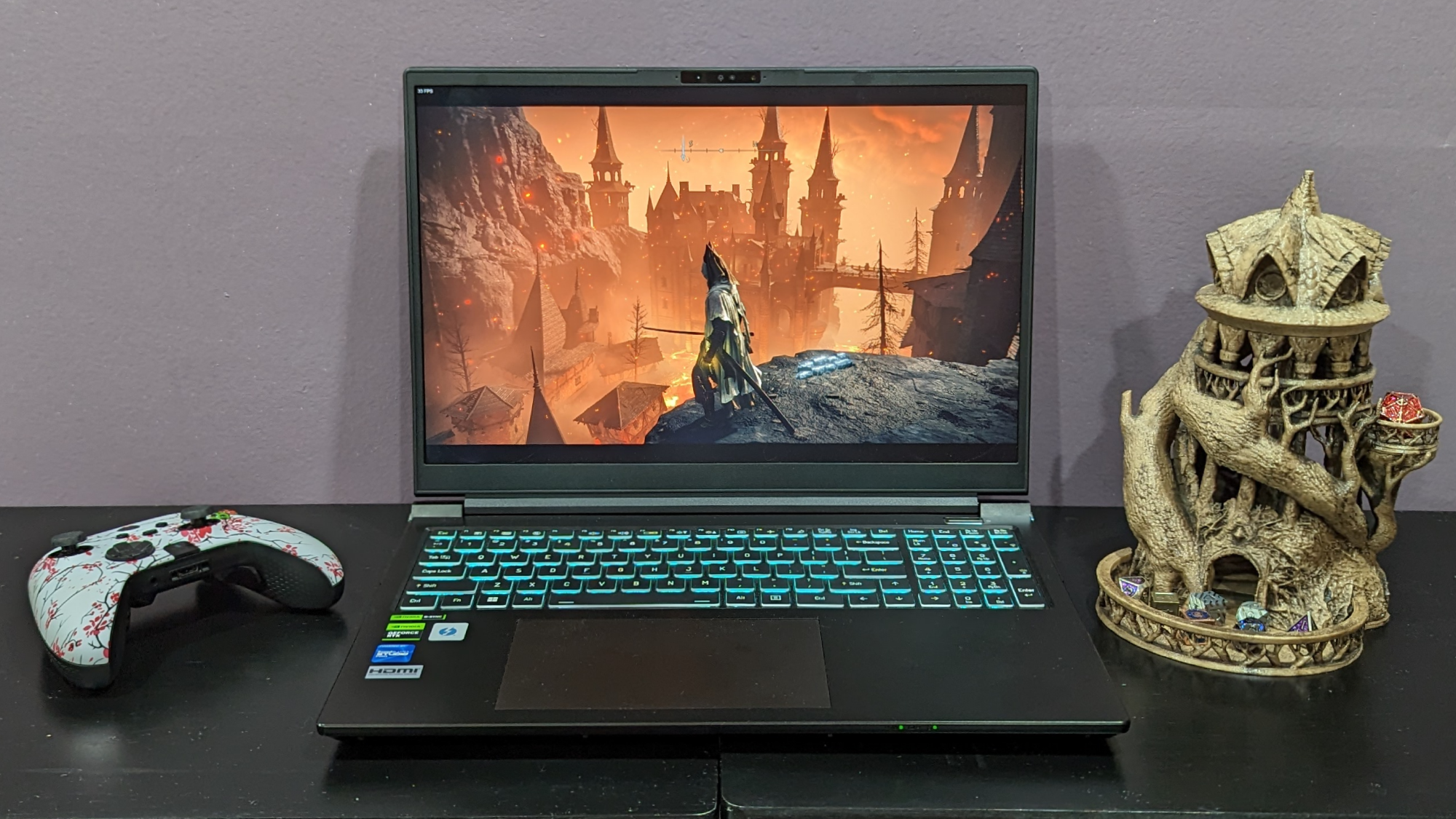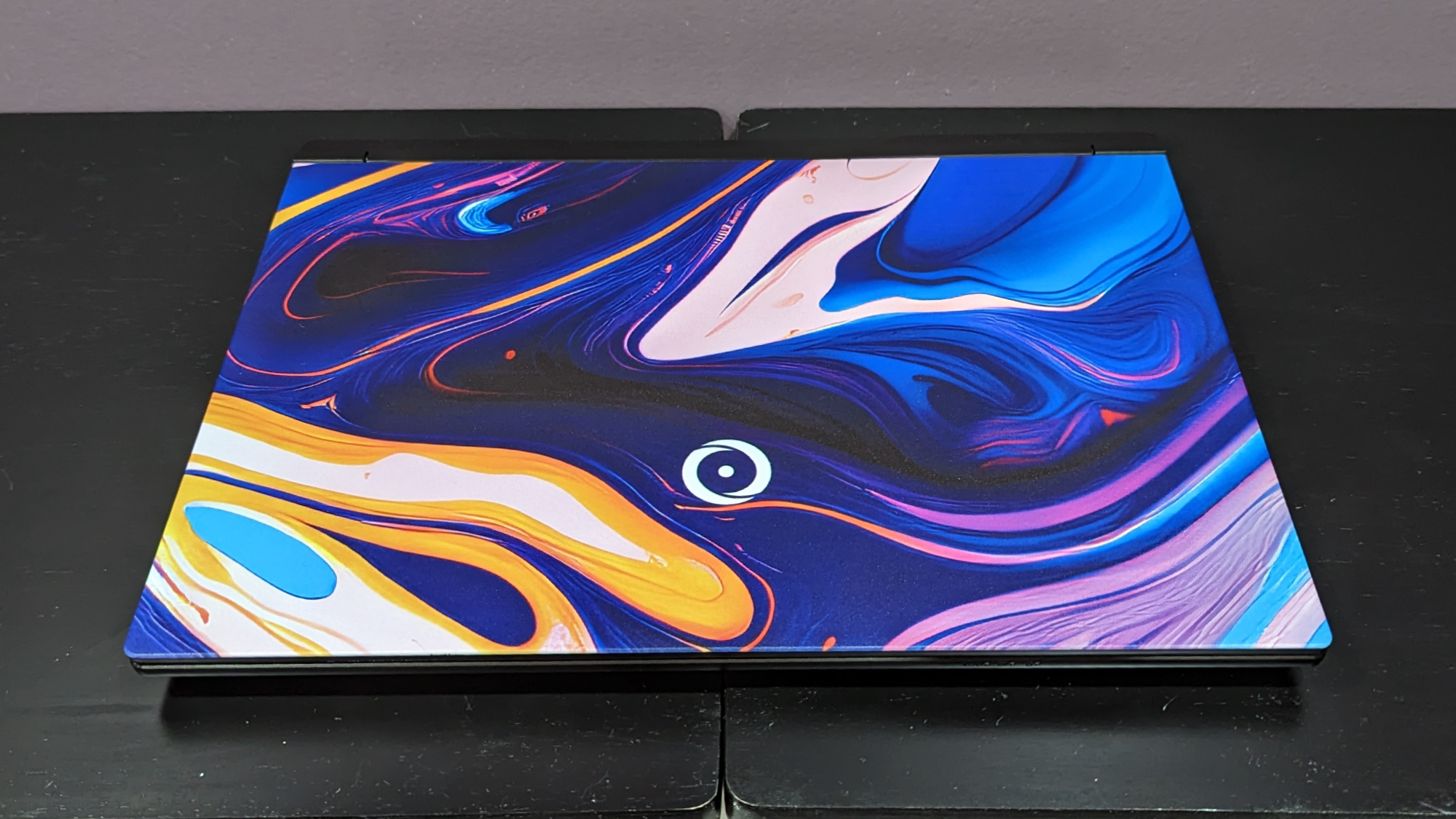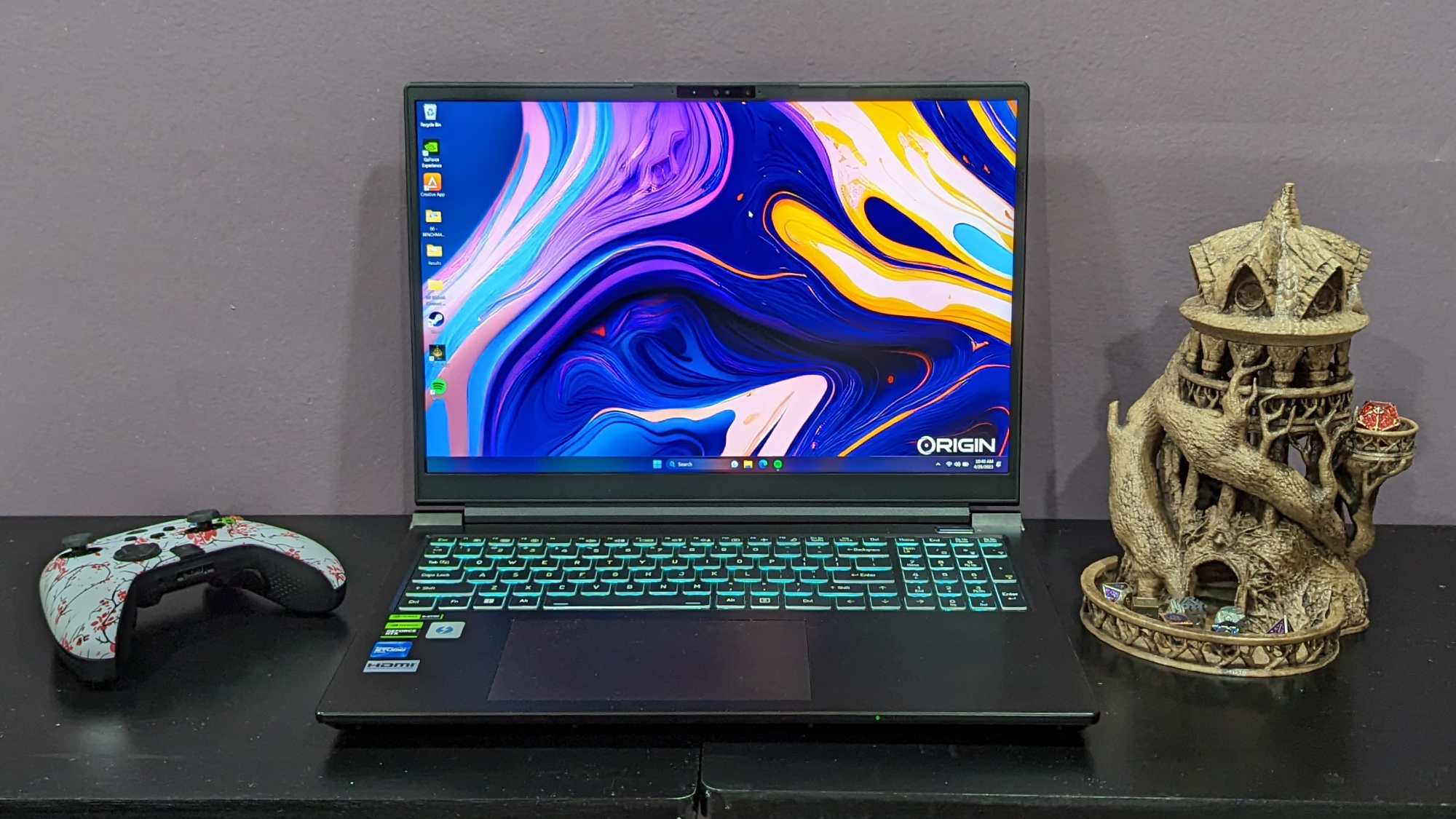I'm a gaming laptop reviewer and this is my favorite sub-$2,000 gaming laptop
The Origin EON16-S is absolutely worth its performance.

Gaming laptops are expensive. There’s no way around that fact. With absolute beasts like the Razer Blade 16 ($4,299), MSI Raider GE78 HX ($2,999) and Asus ROG Strix Scar 18 ($3,699) asking for an amount of money that would make any broke gamer sob, it’s hard not feel ostracized by these absurd prices. My recent testing of the Asus ROG Strix Scar 17 left me especially discouraged, as I walked away from a gaming laptop with a shoddy plastic make and underwhelming display that asked for as much as $3,600.
If any manufacturer is expecting nearly four grand out of a consumer’s pocket, the associated product should look and feel premium. It made me wonder if the state of Nvidia’s RTX 40-series GPUs were so dire that anything built with them would have to be anywhere between $3,000 and $4,000. After all, the RTX 4080 desktop GPU starts at $1,199, while the previous generation’s RTX 3080 started at $800.
This enormous price hike means anyone on a budget will want to stay away from the RTX 4080-series and above. Instead we recommend looking at RTX 4050, 4060 and 4070-series GPUs. And under this category sits the Origin EON16-S, a gaming laptop that boasts performance at just under $2,000.
The best sub-$2,000 gaming laptop
The Origin EON16-S can be configured on Origin’s website for $1,977 with an Nvidia GeForce RTX 4070 GPU with 8GB of VRAM, an Intel Core i9-13900H processor, 16GB of DDR5 4800MHz RAM and a 500GB Samsung 970 Evo SSD. While these specs are impressive on their own (especially for a sub $2,000 gaming laptop), what makes the EON16-S stand out in particular is the display’s 83.5% coverage of the DCI-P3 color gamut and 326 nits of brightness.

The Origin’s display is significantly better than our previous sub-$2,000 favorite, the Katana 15 (46.1%, 248 nits). Both laptops feature a RTX 4070 GPU, and although the Katana 15 is just slightly cheaper, the added benefit of 5 hours and 6 minutes of battery life (compared with Katana 15’s 2 hours and 48 minutes) continues to make the Origin pull ahead in first place.
The Katana 15 is built with an Intel Core i7-13620H CPU which achieved a 11,581 score on the Geekbench 5.5 overall performance test, but the EON16-S’ Intel Core i7-13620H managed an incredible score of 14,644. This also remained the case in our gaming tests, which put the EON16-S just slightly ahead in framerate at all times.
This was the case in Borderlands 3 (102 vs 99 fps), Far Cry 6 (99 vs 94 fps), Grand Theft Auto V (97 vs 96 fps), Red Dead Redemption 2 (75 vs 72 fps), and Shadow of the Tomb Raider (115 vs 113 fps). Assassin’s Creed Valhalla (106 vs 106 fps) was the only exception, as they were tied in this instance. Apart from Red Dead Redemption 2, which we test at Medium settings, the aforementioned games were tested at the highest possible settings.
Stay in the know with Laptop Mag
Get our in-depth reviews, helpful tips, great deals, and the biggest news stories delivered to your inbox.

This doesn’t mean that the Katana 15 has been rendered useless. It’s priced at $1,600 for an Intel Core i7-13620H processor, Nvidia GeForce RTX 4070 GPU, 16GB of RAM and a 1TB SSD. If you’re okay with worse productivity performance, worse battery life and a significantly inferior display, that $400 is absolutely worth saving. But if you don’t mind the extra $400 dollars tacked on, the EON16-S is a phenomenal choice.
Bottom line
The Origin EON16-S boasts great gaming performance, phenomenal productivity scores, and powerful audio bolstered by its solid display. This much power for $2,000 is a little surprising. But it’s not perfect.
The EON16-S suffers from a plastic base and lid alongside overwhelmingly loud fans. If you can look past those issues, it’s the best sub $2,000 gaming laptop we’ve tested.

Self-described art critic and unabashedly pretentious, Claire finds joy in impassioned ramblings about her closeness to video games. She has a bachelor’s degree in Journalism & Media Studies from Brooklyn College and five years of experience in entertainment journalism. Claire is a stalwart defender of the importance found in subjectivity and spends most days overwhelmed with excitement for the past, present and future of gaming. When she isn't writing or playing Dark Souls, she can be found eating chicken fettuccine alfredo and watching anime.
